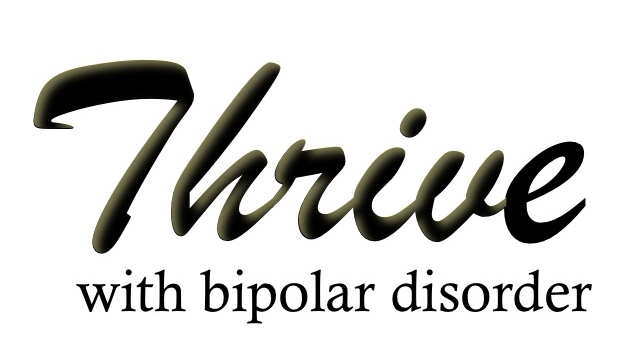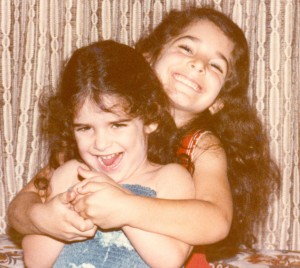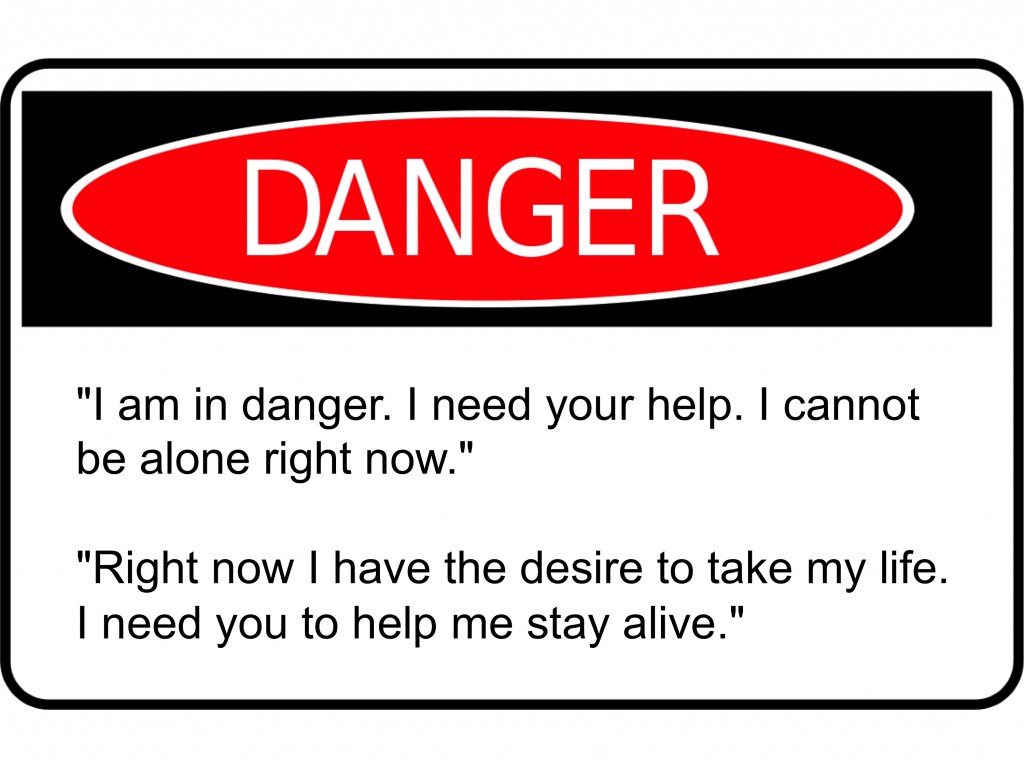
I was a good kid.
Being a teenager was the most difficult period of my life thus far.
I survived.
So did my parents.
Being a teenager for me meant…
I just want to belong
(in the eyes of someone other than my parents).
Way before I was a teenager, I loved being with my mom and dad. They could do no wrong. They were my heroes.
(This was before my brain developed the ability to critically think and make my own decisions.)

My mom was my safety blanket in life. I crawled into bed with her and lay beside her and shared with her anything I thought or felt about life. She made me feel that what I had to say was important and she appeared interested in all my ideas. She explored all of my curiosities with me by sitting down together with the encyclopedia to look for any questions I had about life. She inspired and encouraged in me my love of learning and taught me how to learn and gave me structure to research and study. She taught me how to be her helper (which was actually the only effective thing she did to get me to do chores, yet she was not consistent enough with it to make it routine and habit in my life). However, she did ignite a passion within me for helping people, just not for helping her do chores. She and my dad gave me the space to explore and play freely…they truly encouraged me to be me and dream and believe that I could be anything I truly want to be if I work hard enough. I believe this planted the seeds for my tremendous work ethic.
I was the last person to wish my dad a good day and the first person to welcome him home. I was my dad’s first-mate as a sailor. On long drives, I stayed up to keep him company. I just wanted my dad’s attention and affection. He expressed his care by doing things with me and spending time with me. He taught me how to throw and catch a football and a baseball. My dad taught me about politics and instilled in me values about how people deserve to be treated and have access to resources. I learned to take a stand for what I believe in from my dad. He encouraged me to be strong and persistent in going after what I want and believe in in life. Little did he and my mom know that I would drive them nuts with my persistence to own dogs and boats and anything that would be more responsibility for them.
As a child, I knew the rules and had structure, unfortunately for my mom, she didn’t get that I pay way more attention to what she did than what she said.
My mother could not tolerate messiness. At a young age, I learned that if I wait long enough, she would clean up after me. I would have to deal with her persistent nagging, but after years of it, I learned to tune her out. It worked like a charm. My mother didn’t know it, but she was very good at teaching me how to manipulate her based on my own understanding of her needs. Her need for a clean house and organization was far greater than mine.
By my mom picking up after me, not only did I take her for granted, but I lost respect for what she does and how incredibly hard she works.
As a child, no matter what I did, my mom could not stay mad at me. It didn’t matter if I exploded something in the kitchen or completely destroyed the family room while turning it into a pirate ship OR got into trouble with my friends…I could climb into bed with my mom and share with her everything I felt and thought and no matter how upset she was with me, she could not stay mad at me. I learned from her that if I simply share my feelings and thoughts honestly and transparently that I am loveable and it does not get me into trouble.
By my mom consistently being there for me, no matter what I did or said, without being disappointed in me, I developed expectations for how people should treat me. I developed the belief system that I can mess up as much as I want in life and if I am honest and open about it, people will love me anyways. As an adult, this is still an underlying core belief that by no means is always true, but it does work for me enough of the time.
Unfortunately, my older sister became a teenager before I did and her teen years were very, very difficult on my parents. She had undiagnosed bipolar disorder (until she was 31) and it was like living with a demon throughout her teenage years. So much of my mom’s time and energy went to trying to help my sister and cope with her, that I was neglected for way too long.
I no longer climbed into bed with her and shared openly and honestly my feelings. I did not want to be a burden…so I learned to bottle things up inside me starting around the age of nine years old. I learned to keep a smile on my face and tried to help out as much as I could…I turned into the “angel” child, but I was in a lot of pain and no one knew.
The year I became a teenager, my mom had breast cancer (and survived) and her mother died (my heroic grandma) and my sister was at the peak of her horrible teens and still had not received the help she needed.
Being a teenager was incredibly hard for me. While in Junior High, I lost all my childhood friends due to the cruelness of pre-teen hormonal girls and I isolated myself from the friends who had been there for me during my mom’s cancer because I unknowingly associated them with horrible pain.
I had incredibly low self-esteem.
I did not feel safe with girls.
I did not feel safe with anyone.
I never let anyone get to close to me. As a result I went through friends like water all through the rest of Junior High and High School. I only had a limited trust for one person at a time and completely stayed away from groups, especially if girls were involved.
I chose friends who made me feel good about myself. I chose friends who made me feel wanted. Some of my friends were good people…other friends were just using me because they could.
I did not get into drugs and alcohol as a teenager. At the age of eight, when I was unsupervised and drank enough alcohol to knock out a horse at our family Passover Seder, I learned how much I do not like the feeling of being drunk and how incredibly sick too much alcohol makes me, so I stayed away from it until I was twenty and then remembered how much I don’t like it.
My dad learned a lot from that experience and said to me, “If you ever want to try drugs, try them with me.” He educated me as best he could about the effects of drugs and told me stories of what happened to people he knew, bad stories, but without judging them at all. Then said, “If you would like to try it, try it with me.” The way my dad talked with me made me never want to do drugs. He stole the excitement from them and he made me feel normal for being curious and wanting to try things that would make me feel all sorts of different pleasures. My dad made me feel safe talking with him and I never got in trouble for sharing my curiosities and mistakes with either of my parents.
Some parents would be infuriated by this because they see it as giving a child permission to do drugs. It was not the case for me. My dad removed my desire to experiment by how he talked with me about drugs. I did not have to hide anything from my parents. Those conversations and always being able to talk with my parents openly about drugs and sex without fear of judgment or being in trouble, kept me from trying drugs and becoming sexually active even when I really wanted to be sexually active and was frequently viewing websites like www.tubev.sex and many others to try and satisfy myself (while manic).
Mania came into my life right before turning sixteen. I got my drivers license while manic. I’ve written a lot about my mania and depression, but not a whole lot about how it affected me as a teenager.
Mania and depression stole from me the one thing I was really trying to figure out in life as a teenager…MY IDENTITY.
I had very low self-esteem when mania and depression came into my life and they destroyed what little esteem I had. Self-trust went out the window. I was completely afraid of myself. I was afraid to be with anyone I associated with mania and afraid to drive.
My parents didn’t know how to help me. Therapy was not working for me because I did not feel the therapist got me and I was able to be incredibly self-aware and not let the therapist in at all.
My family helped me heal by trusting me when I was unable to trust myself. My family encouraged me to face my fears and drive the car again. They encouraged me to set goals again and take chances in life. They encouraged me to be excited about life again without fearing that I was manic. They gave me the freedom to begin exploring again and removed the pressure of things like AP classes and college. They gave me permission to be and do whatever I want in my life and took away the fear of failure. This freedom to explore who I am and decide who I choose to become is how I got to where I am today.











